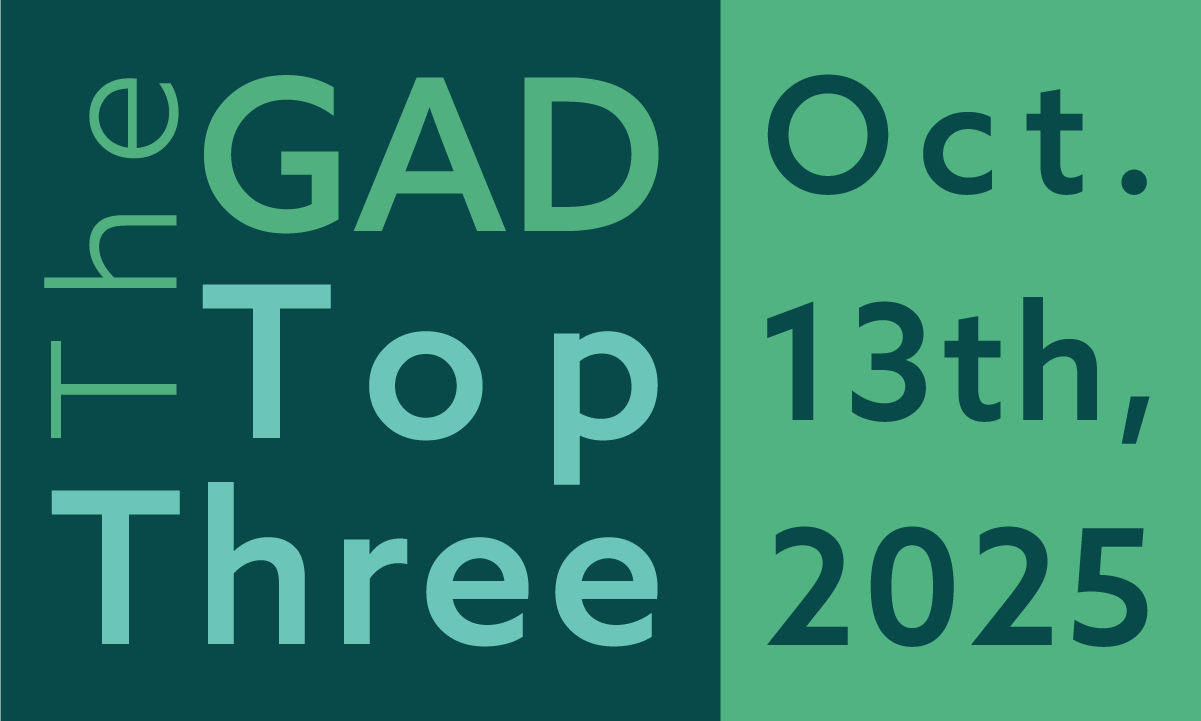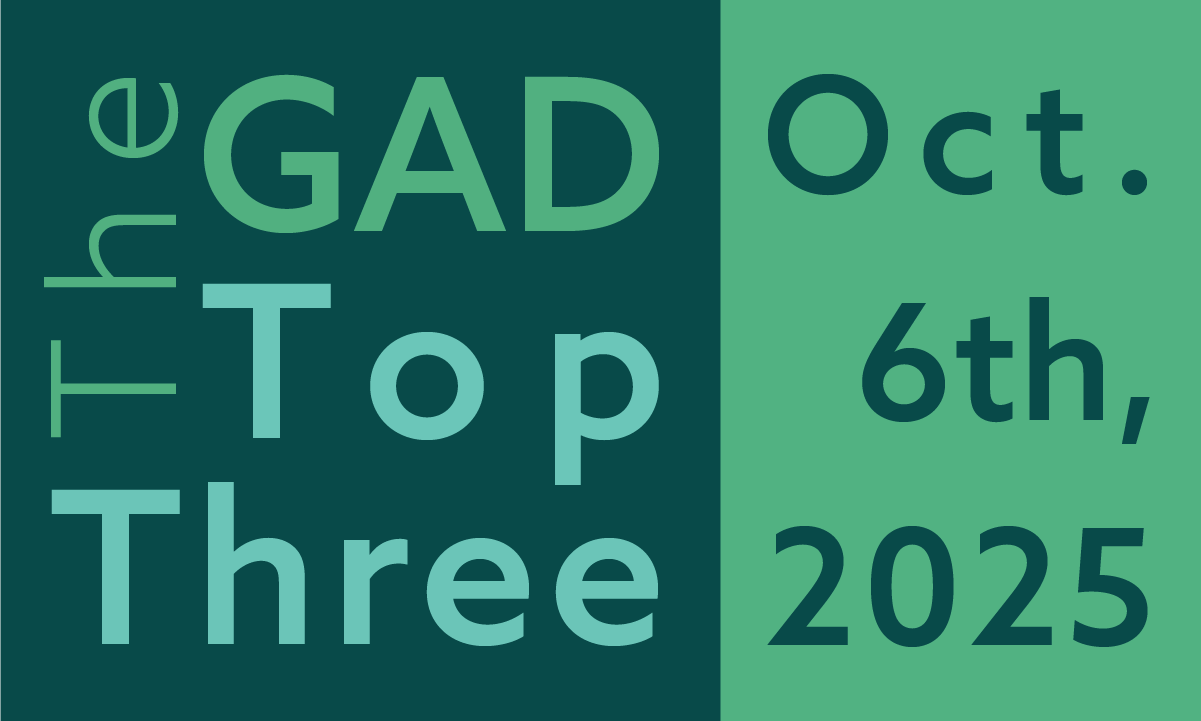3 Biggest Takeaways from the Northwest Michigan Housing Summit
The 9th Annual Northwest Michigan Housing Summit was just recently held at the Park Place Hotel on Thursday, October 26th, and Friday, October 27th. As the Presenting Sponsor of the Summit, Aspire North REALTORS was provided a prominent role and access to the event. Below I have shared my 3 biggest takeaways from the Summit.
1. Housing-Related Legislation Has Continued Importance in the Foreseeable Future
The Northwest Michigan Housing Summit opened with a State of the Region on Housing, presented by Housing North Executive Director Yarrow Brown, driving home the great need for housing (especially homeownership units) established by the recently published Housing Needs Assessment (over 31,000 housing units from 2022 to 2027, 8,813 rental units and 22,455 homeownership units in the 10-county Northwest Lower Michigan region). The majority are needed for those making between 81% ($51,099 for the 10-county region) and 120% ($75,702 for the 10-county region) of Area Median Income. Kent Wood, Borealis Strategic Principal/Housing Michigan Coalition Executive Committee Member representing Housing North followed Yarrow with a Legislative Update on the progress Housing North has made on their 2019 Advocacy Plan. Their progress on their goals has been significant, however, there are a multitude of housing issues under consideration in Lansing in the Michigan State Legislature as housing remains a major conversation at the state level. These issues include many we have covered in previous GAD Top 3s including:
- MSHDA programming and technical changes
- Homeless and Tenant Bill of Rights
- Fair Chance Access to Housing
- Allowing Rent Control
- Use of Hotel-Motel-STR assessments
- Detroit Land Value Tax
- Amending Land Division Act
- Community Land Trusts
Kent also acknowledged Zoning Reform and Regulation as well as Sustainable Funding and Financing as important housing conversations on the horizon. Housing North welcomed attendees to provide their feedback on Housing North’s Housing Policy for the next 5 years through this link.
2. Zoning Atlas a Tool for Zoning Reform and Greater Housing Development
The Michigan Association of Planning (MAP) and Housing Next provided a background on their Zoning Atlas project which was prompted by MAP’s understanding that zoning was a significant barrier to housing supply and yet zoning is not very well known across localities. MAP’s project is based on the Connecticut Zoning Atlas, a Pro-Homes movement in Connecticut called Desegregate CT. The Desegregate CT movement had significant achievements in 2021 limiting zoning practices that limit housing development, including prohibiting regulations like caps on multifamily, minimum dwelling square footage, and the word “character”, as well as legalizing ADUs by right and capping residential parking requirements. MAP has the goal to produce the Zoning Atlas for the full state of Michigan. They started in West Michigan which is the fattest growing region in the state.
Housing Next then dove into the specific barriers they see in West Michigan to housing development which include minimum lot sizes (90 ft wide lot, a standard minimum in their area, costs an average of $90,000) and access to sewer/water. With 90 ft wide minimum lot size requirements the minimum housing cost to build in their area is $270,000, however, it is much more likely $400,000 to $450,000. Housing Next shared that in their area ¾ of all available land is zoned for only single-family homes on large lots (¼ acre or larger) which significantly limits housing development. Housing Next articulated that their strategy for zoning reform in West Michigan is to evaluate existing sewer and water capacity throughout the community and then target corridors served by this infrastructure. The creation of the Zoning Atlas will help Housing Next to zero in on these highest opportunity areas for growth with the lowest barriers to entry and help neighbors and individual communities understand how the land can be legally used in their area and allow for increased participation in what land use decisions look like for the future.
Our 10-county Northwest Michigan region is being targeted by MAP for their next Zoning Atlas efforts which could be in coordination with Aspire North’s efforts to develop a Housing Opportunity Map (presented by Aspire North REALTORS at the Northwest Michigan Housing Summit) identifying housing development opportunity in Northwest Lower Michigan. Funding for these efforts is in the works, so more updates on these local efforts soon!
3. Some Housing Industry Tools and Innovations That Could Shift Housing Development Opportunities Forward
There were lots of tools and innovations for increased housing development presented at the Northwest Michigan Housing Summit. Below is a summary of those that caught my eye:
- Director of the Michigan State Housing Development Authority (MSHDA), Amy Hovey, stated that they will be moving to a new approach on January 1st, 2024 of allowing communities to bring their housing projects to MSHDA and then MSHDA will figure out how to make them work as opposed to having lots of programs that housing project has to fit into to get funding. This would represent a big shift in MSHDA’s funding structure and was met with applause from those in attendance at the Housing Summit.
- A presentation was given by Sludgehammer for their on-site advanced treatment of septic tanks. Their environmental wastewater treatment system cleans septic tank water for use in things like irrigation which prevents the need for septic tanks to be continually pumped. This on-site advanced treatment of septic tanks can be retrofitted to existing wastewater infrastructure and is scalable to any size/strength of wastewater flow. With the significant barrier that wastewater is housing development in rural Michigan, this could be an innovation that allows for cheaper and faster housing development than costly sewer development.
- Several new housing tools and expanded housing tools were presented by Housing Michigan Coalition members Kent Wood; Josh Mills, City of Frankfort Superintendent; and Lauren Trible-Laucht City Attorney for the City of Traverse City:
- Traverse City Workforce Housing PILOT (Payment-In-Lieu of Taxes) Ordinance | The Attorney for the City of Traverse City walked through the step-by-step process for approval of Workforce Housing PILOTs (Slide 9) under the new City of Traverse City Ordinance, enacted by the City of Traverse City on Monday, October 2nd and one of the few such ordinances enacted in the state of Michigan to allowing Traverse City to approve PILOT projects without the requirement that housing development projects be awarded MSHDA funding.
- Neighborhood Enterprize Zones (NEZ) | An allowance the local government can designate one or more areas as an NEZ (totaling not more than 15% of the acreage in the municipality) a property tax exemption for the development and rehabilitation of residential housing within eligible distressed communities. Only applies while the dwelling is occupied by a household at <120% Area Median Income. Covered in presentation slides 10 to 13.
- Residential Facilities Exemption Act | A temporary tax abatement on qualified new housing development districts established by local units of government. Support both renovation and expansion of aging residential units as well as the construction of new residential units in these districts. Covered in presentation slide 14.
- Attainable Housing Act | Local governments can create an attainable housing district. Provides units <120% of the county-wide median income threshold for at least 30% of units in a multi-unit development. Covered in presentation slides 15 to 19.
- Brownfield Tax Increment Financing (TIF) for Housing | Allows “Housing Property” as Brownfield Eligible Property. Does not need to be contaminated, blighted, functionally obsolete, historically designated, or owned by a Land Bank. Adds “Housing Development Activities” as Brownfield Eligible Activities including the gap between actual costs & amount required to meet 120% Area Median Income. More information and development project examples are covered in presentation slides 20 to 43.
You can view the Northwest Michigan Housing Summit Presentation materials referenced above and all other Northwest Michigan Housing Summit Presentation materials through this link.




